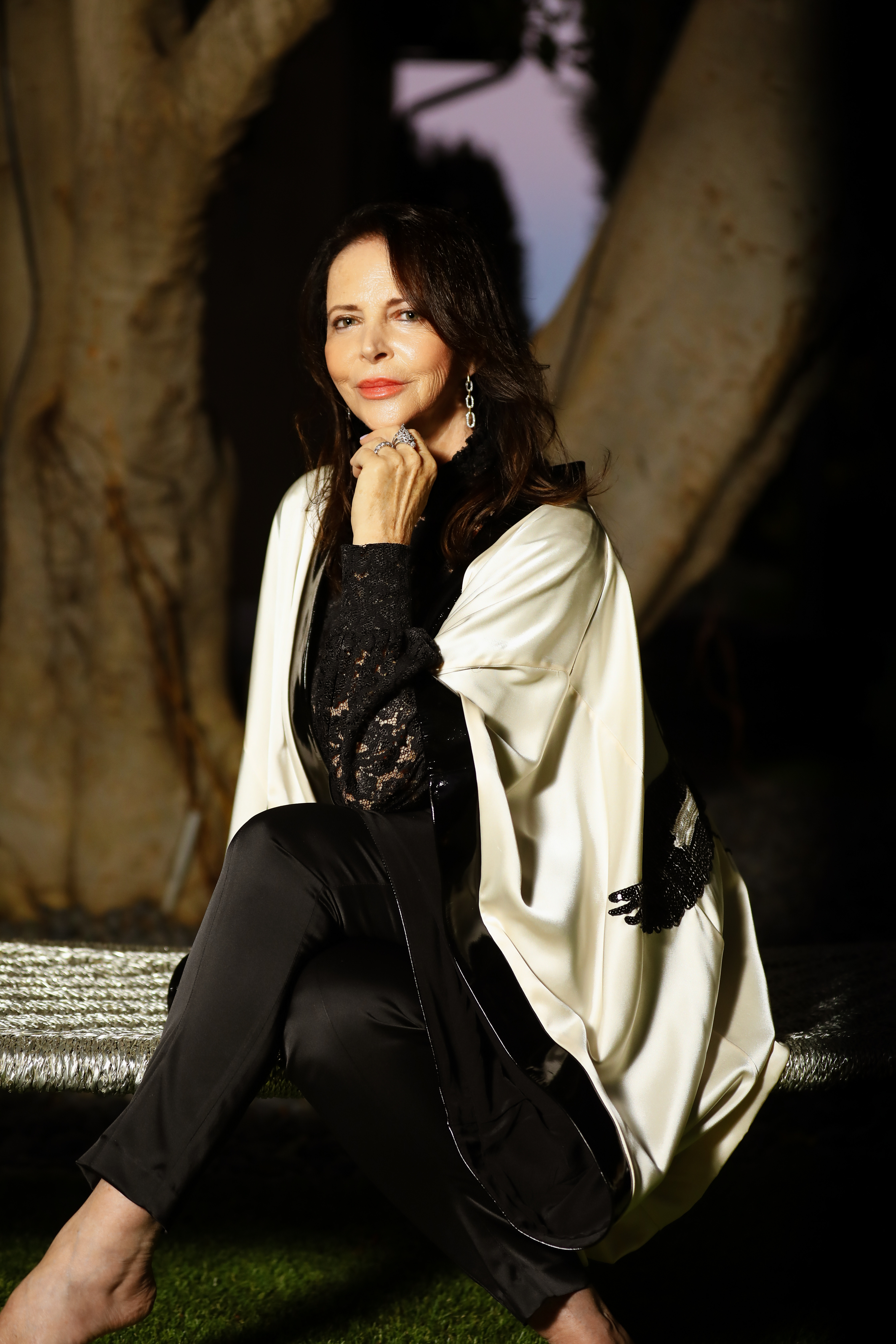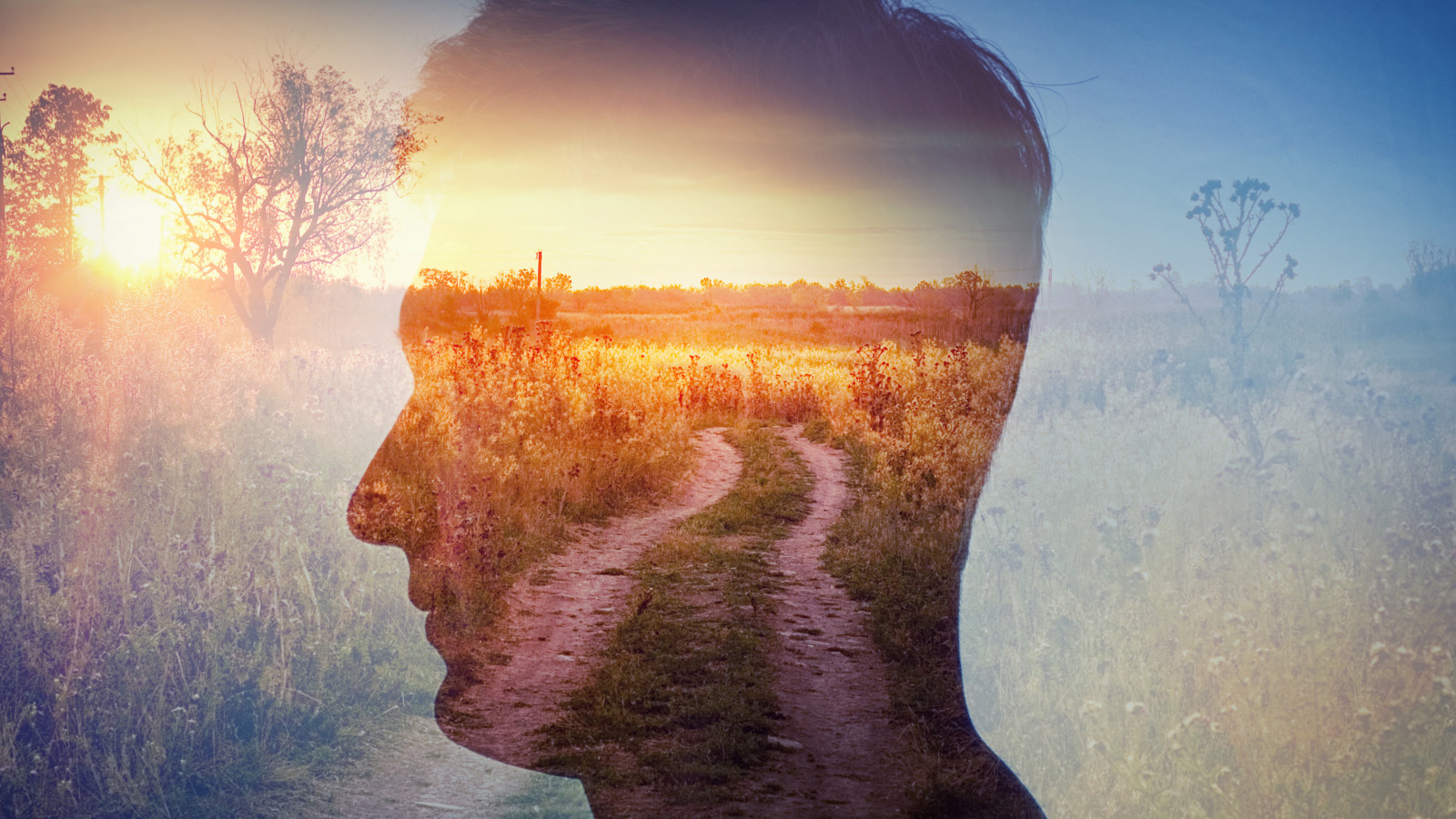We are, as philosopher Pierre Teilhard de Chardin said, “Spiritual beings having a human experience.” It’s complicated. Being human is not simple or easy, and it challenges us daily to show up for life, or at least, wanting to show up for life.
Many people don’t even want to do that because life is too hard, painful, and even unbearable. It’s just too much all the time. So, we escape the moments. We don’t want them. We want them to go away. We want them to stop reminding us of how difficult life is, and they do, again and again.
What can we do with such a difficult life? What can we do with so much of our pain and suffering? Escape? Check out? Die? That’s what millions of people do. They escape, either through drugs and alcohol, the overuse and dependency of their devices, or even choose to die through suicide when they can’t take it anymore. They want out. And they want out desperately.
How can you explain to someone who doesn’t want to be here that this is heaven on earth? Yes, it can be hellish, but that can be overcome if we change the way we look at all of this, and Mindfulness helps us look at life differently. More heaven, and a lot less hell.
Here’s how: Stand in front of the mirror and look at yourself. What do you see? Did you immediately judge yourself? Did you immediately criticize yourself? Did you immediately tell yourself that you’re unattractive, or over- weight, or unlovable, or unworthy? Or did you look deep into your eyes and get lost? Look into those eyes of yours.
Let them invite you in where you can meet yourself. Go ahead. Don’t be afraid to go deeper into you. You have nothing to be afraid of. You just think that you do, and that is part of the problem, what we think. We think ourselves right out of the moment by telling ourselves how inadequate we are in it.
This mind of ours never stops. Thousands and thousands of thoughts are going through our minds daily, and we do very little to regulate its activity. That’s like allowing thousands of ants to traipse through your house without doing something about it, and we know how insidious ants can be. You look away, and the next thing you know, they’ve multiplied in droves.
Being present means we not only see the ants but we also mindfully take care of the problem. And, if the problem keeps recurring, which an ant problem most certainly can, we become even more mindful of what can solve that problem in the best way possible. And we do it with a very clear mind. You have a problem, and you take care of it with a clear-thinking mind.
This is a mind that is uncluttered, unfettered, and that doesn’t get lost in distraction or in thinking about something that happened yesterday, or worrying about what’s going to happen next. You don’t want to take care of an ant problem by wishing they weren’t there or by worrying about more ants coming into your home. That’s a complete waste of time.
I use the ant analogy because it shows where our mind can go, and how prone it is to want to go out of the moment. You can’t go out of the moment if you have an infestation of ants in your home. You need to stay right there and fix it.
Mindfulness helps us stay right there, even when it’s uncomfortable staying right there, and this is something very important for us to learn. We must discipline our mind to be present, aware, and focused, even when we would rather do anything but that.
* * *
Ora Nadrich is founder and president of the Institute for Transformational Thinking and author of Live True: A Mindfulness Guide to Authenticity, named among the “top 18 books on what an authentic life looks like” by PositivePsychology and “one of the 100 Best Mindfulness Books of All Time” by BookAuthority. She is a certified life coach and Mindfulness teacher, specializing in transformational thinking, self-discovery and mentoring new coaches. Her new book is Mindfulness and Mysticism: Connecting Present Moment Awareness with Higher States of Consciousness (IFTT Press, Nov. 11, 2021). Contact her at oranadrich.com.


